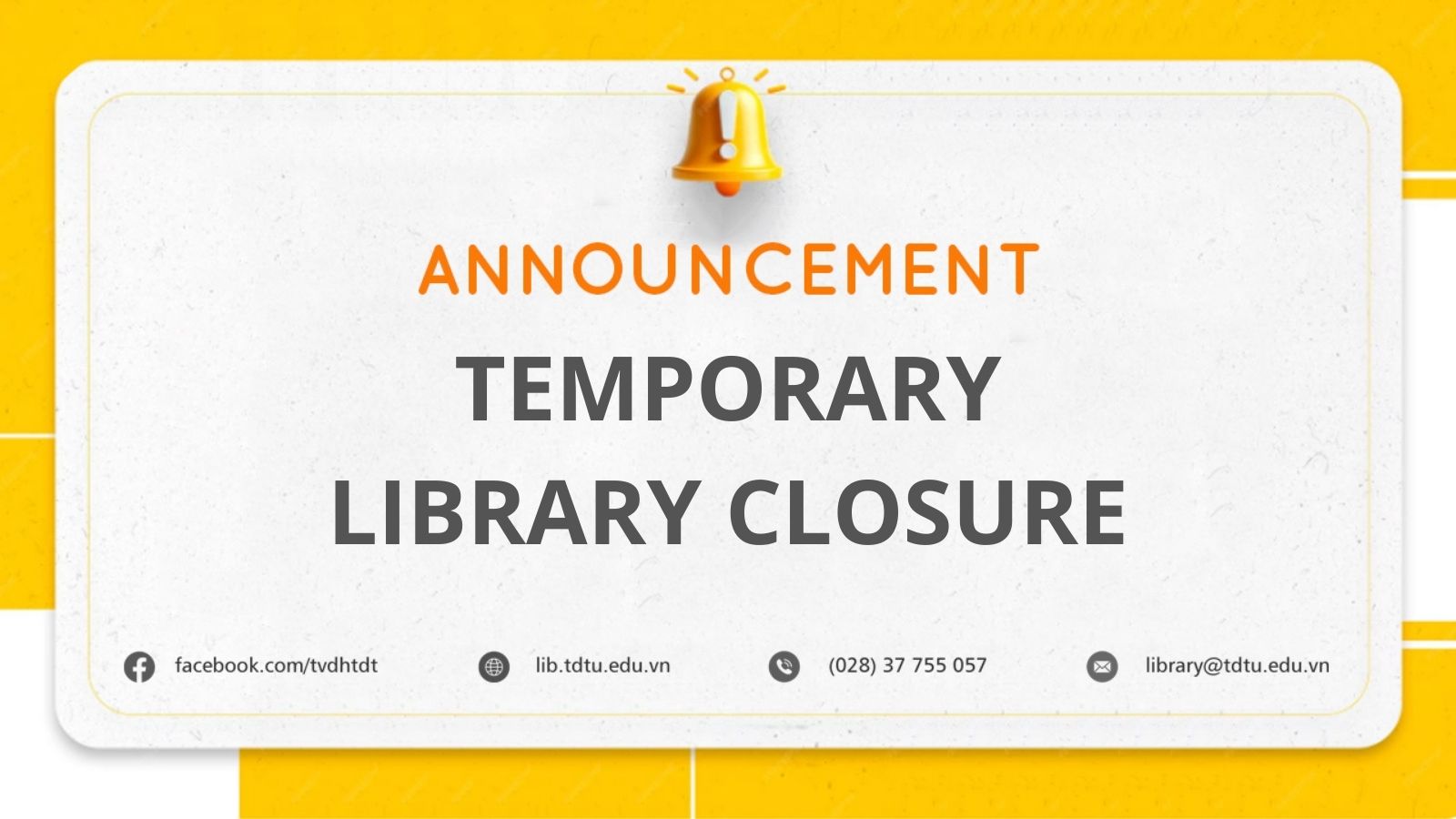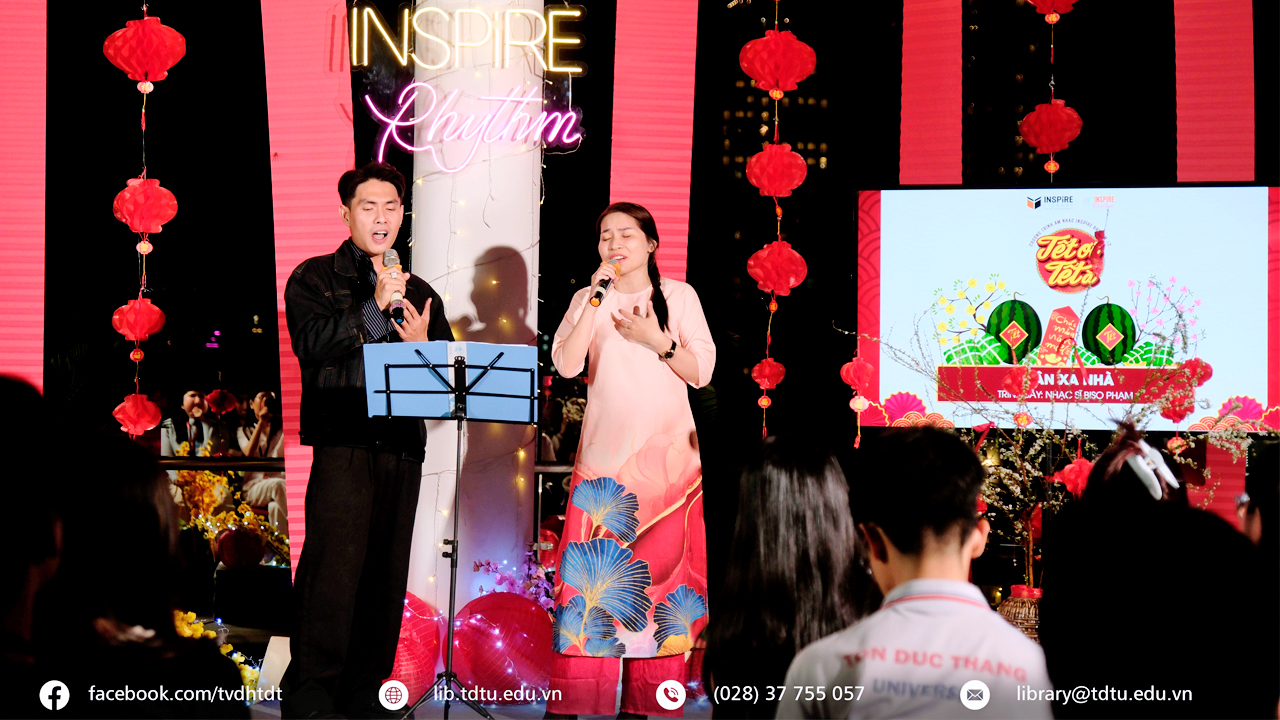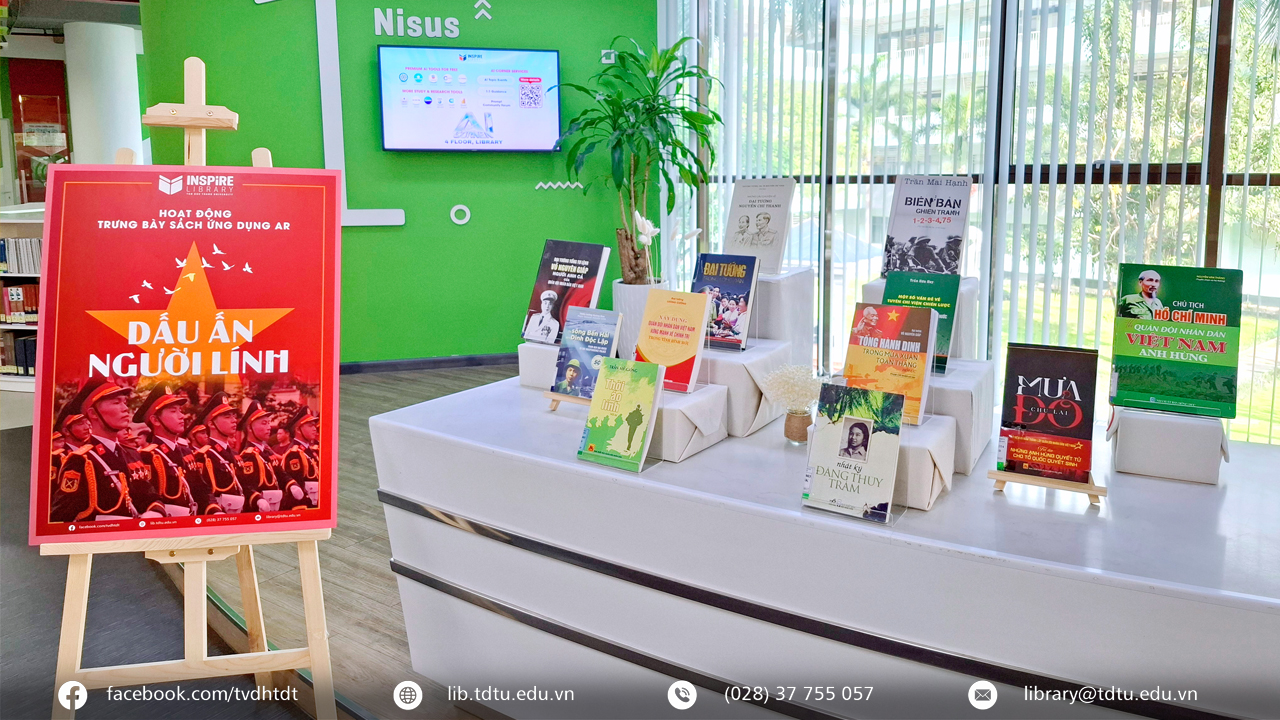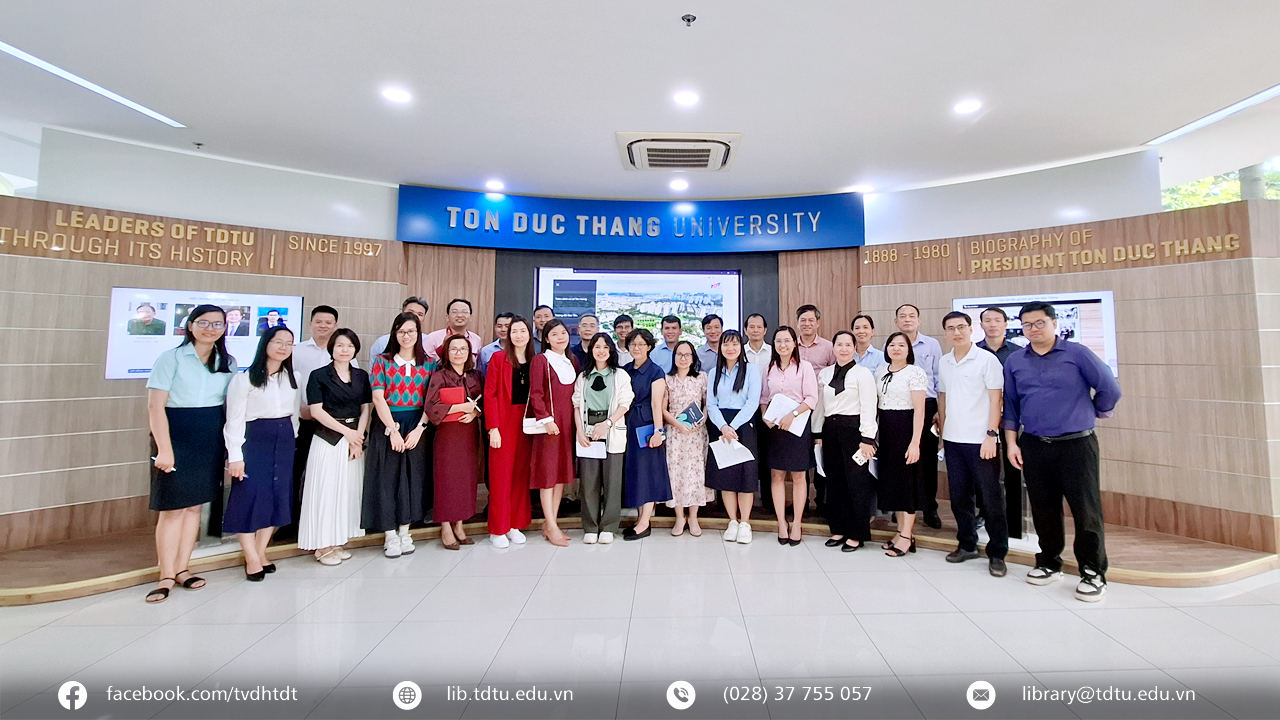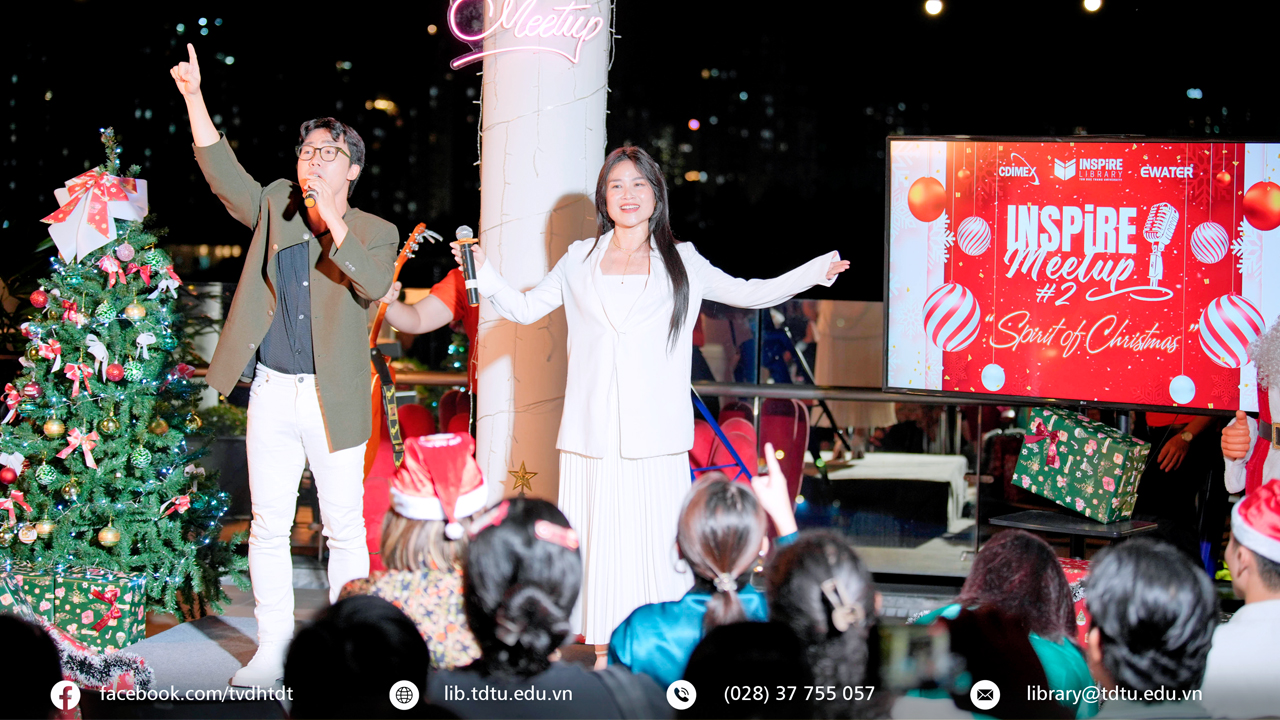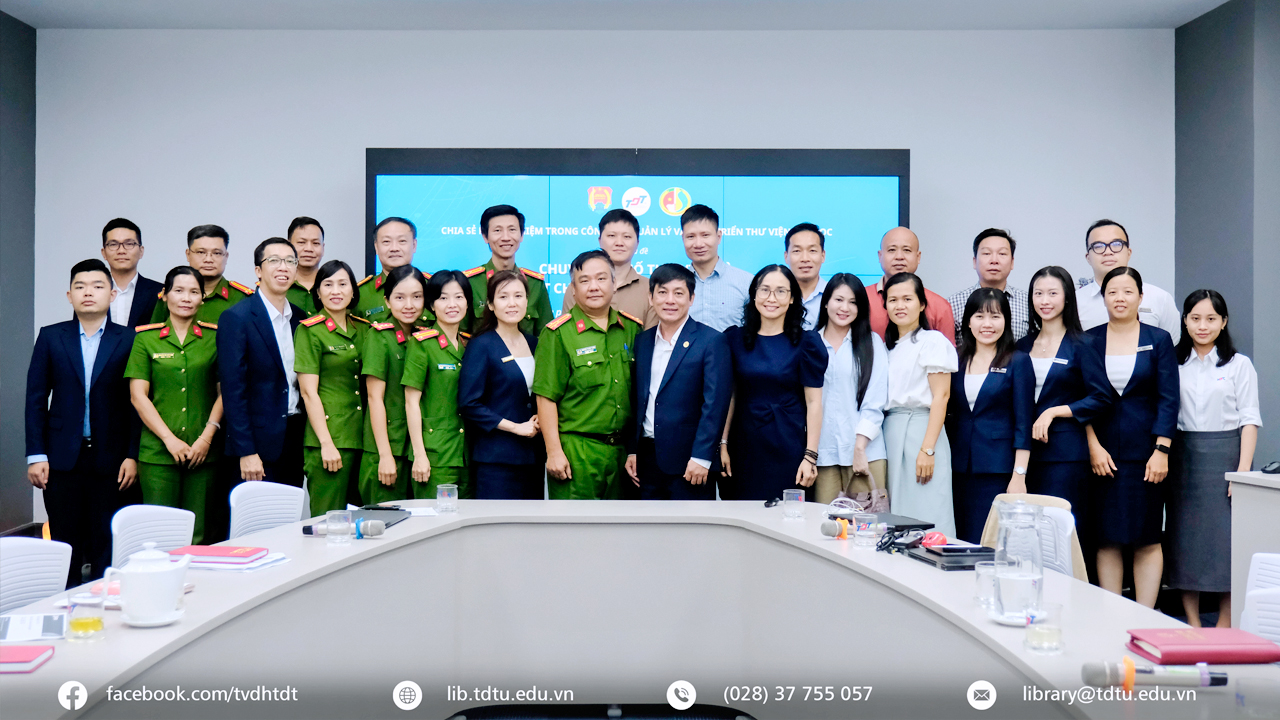The Art Of Success: Read, Retain, Relate… Read
What makes someone a success? What’s the secret of the world’s top leaders? Why do some people seem so charismatic and influential?
The art of success in leadership and society, as well as in other areas, is due to reading. What seems to be a fairly simple activity is in fact the alpha and the omega when it comes to success.
Reading presupposes a passion for being ahead of the pack and it exhibits an undying wish to be knowledgeable and relevant at any given time. Successful people are aware of how crucial reading is for success, and that’s why they are more often than not voracious readers.
While easy in theory, in practice reading can be a time-consuming process, depending on your reading speed. It’s not enough to be an avid reader, you need to also be time-efficient. If it takes you more than 5 hours to read a typical 250-word book then your reading speed is below average. It’s simple: the faster you read, the more you learn, and the better equipped for success you’ll be.
So what’s the best formula in becoming successful? In a few words, follow the 4 Rs approach: Read, Retain, Relate, and Read.
Read
The first step is the most crucial. Read a book in a distraction-free environment so as to make it possible for the next two steps to work. The more focused you are, the better the results will be, and the more you will get out of every book.
Retain
This step is not really a separate process from the first step, once you’ve trained yourself in the concept.
When you read you need to understand what you’re reading. That’s why reading is a complex cognitive process. It requires a great deal of concentration to be able to read, understand the information you read, and put that new information in a new context.
Retaining what you read essentially means being able to explain what you’ve learned to another person.
Relate
For knowledge to stick, you need to relate what you’ve learned to previous knowledge. If you keep each body of knowledge distinct from one another, you’re losing a lot of valuable insights.
This process is a creative and prolific habit you should get into. If you’re reading a book on emotional intelligence, for example, see how the new information relates to what you knew about it already. See how emotional intelligence contradicts or compliments your knowledge of other types of knowledge, and so on.
The “Relate” step is crucial because it solidifies what you know as merely information into usable knowledge. What you’ve learned is no longer stand-alone information; once processed, it becomes knowledge you can retrieve at a moment’s notice and which can help you deal with an unexpected scenario or new circumstances.
Read
The fourth step is to read again. But it’s a bit different than the first step, this time. Here, “read” means to continue building knowledge upon knowledge, a key component of success.
Becoming successful is not a one-time event, it’s a life-long pursuit that calls for determination and a great deal of drive to achieve. Unless reading becomes part and parcel of your life, you won’t be able to achieve your full potential. Turn your screen off and read, retain, relate and then read some more!
Source: https://www.spreeder.com/




